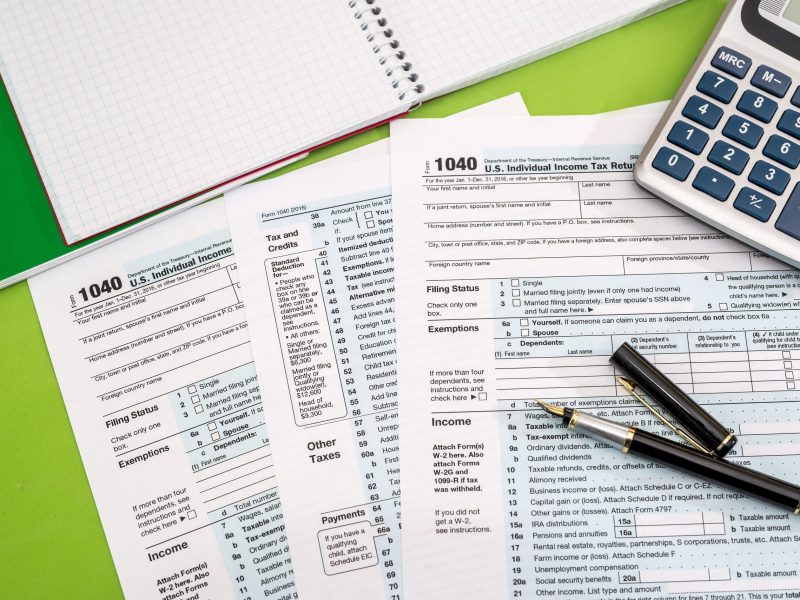In 2021, the Internal Revenue Service (IRS) conducted more than 2,500 investigations, identified more than $10 billion in tax fraud and financial crimes, and had a 90 percent conviction rate. (I guess you could say that is the silver lining in the proverbial black cloud of tax fraud.) But sadly, the fraud forecast for 2022 includes more tax refund fraud to come, especially as the country recovers from the effects of the COVID-19 pandemic and the many ways fraudsters have manipulated it to commit more fraud.
In the IRS-Criminal Investigation (IRS-CI) Fiscal Year 2021 Annual Report, the agency identifies its Refund Fraud Program in three parts: 1) Questionable Refund Program (QRP); 2) identity theft refund fraud investigations; and, 3) Abusive Return Preparer Program (RPP) for both individuals and businesses. These three programs investigate individuals who file fraudulent tax returns with the intention of stealing government funds.
QRP looks at fraudulent tax refund claims. The typical scenario involves individuals filing multiple fraudulent tax returns using the personally identifiable information (PII) of individuals, either knowingly or unknowingly, to carry out their scheme. Many of these investigations are also identity theft investigations.
A prime example of QRP is David Kamal, 60, of Stafford, Conn., who is charged with filing false tax returns for two years, providing false documentation such as invoices and bank statements to back up the bogus return. Then, he purportedly filed four more years of false tax returns claiming more than $400,000 in unreimbursed medical expenses. Additionally, Kamal is charged with submitting false documents and using individuals’ personal information to file tax returns. If convicted, he could face a maximum of 43 years behind bars.
Identity theft refund fraud happens when someone uses another’s PII, such as name, Social Security number, or address, without their permission. These cases are usually stolen identity refund fraud (SIRF) investigations and involve using a legitimate taxpayer’s identity to file a fraudulent tax return and claim a refund. (Identity thieves try to get their bogus claims in early in the tax season before the real taxpayer submits their tax return. That makes for quite the surprise when the taxpayer realizes they have been duped.)
Timothy Spillane, 39, of Chester Springs, Penn., hacked about 25 student and staff emails at two Philadelphia-area colleges and obtained their PII, but he failed in carrying out a tax refund fraud scheme. (He was unable to accurately guess the victims’ adjusted gross income from the prior year.) Kudos to the law enforcement partners who brought this fraudster down within a matter of weeks after receiving a tip about his illegal activities.
Abusive Return Preparer Program investigations involve the orchestrated preparation and filing of false income tax returns by corrupt return preparers. They often claim inflated personal or business expenses, false deductions, excessive exemptions, and unallowable tax credits. Sometimes the preparers’ clients may or may not know that their returns were falsified.
Jean Mpouli, 58, of Pacific, Wash., ran a tax preparation business with hundreds of clients, mainly consisting of African immigrants. While serving as an aviation inspector for the Federal Aviation Administration (FAA) during the day, he falsely increased deductions for unreimbursed business expenses and educational expenses to boost his clients’ tax refunds on the side. Mpouli helped himself to a percentage of the refunds. (The higher the refund, the larger the fee.) He also hid more than $200,000 of revenue generated from his illegal tax business.
Tax season is in full swing. And, so are the tax scams. The IRS warns Americans about the “Dirty Dozen” tax scams that could impact taxpayers, tax professionals and financial institutions this year. Remember to protect your personal and financial information throughout 2022 and keep watch for IRS impersonation scams that will try to trick you out of your hard-earned money. And if you suspect that your identity has been stolen to file a tax return, report it immediately to the IRS.




